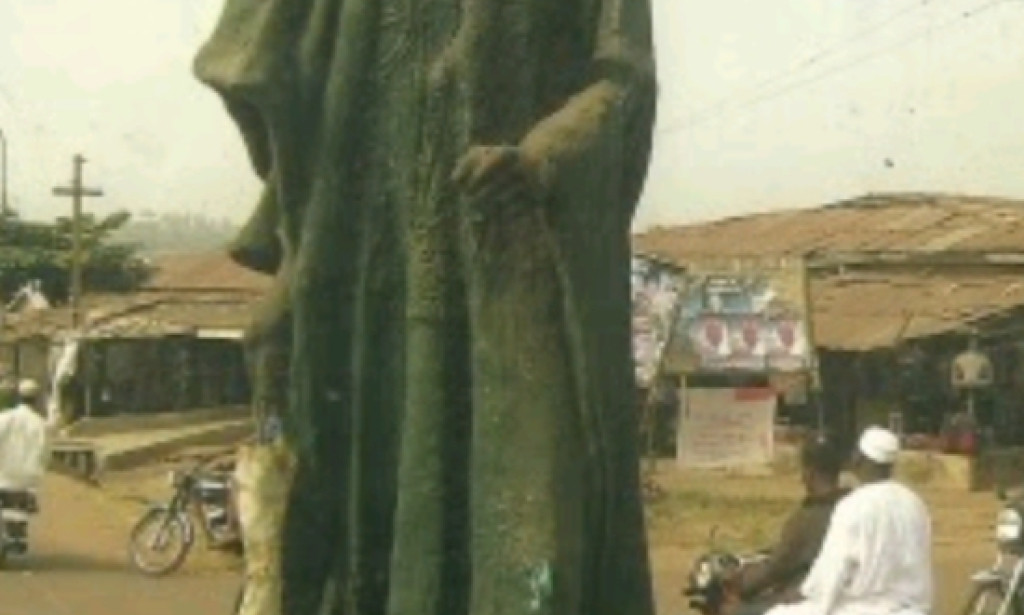Seriki Williams Abass was a prominent figure in the slave trade during the 19th century in present-day southern Nigeria. Born around 1835 in West Africa, Abass was ironically a former slave himself, captured by Dahomean slave merchants and later sold to a Brazilian slave dealer named Williams .
Abass was taken to Brazil, where he learned to read and write in multiple languages, including Dutch, English, Spanish, and Portuguese. He eventually returned to Nigeria, working with his former owner as a slave trade business partner. Abass settled in Badagry, where he built a 40-room barracoon, a warehouse for storing slaves, and established himself as a wealthy and influential slave merchant .
Abass's wealth and power earned him various titles, including "Seriki Musulumi" (Chief of the Muslim Faithful) of Western Yorubaland and "Paramount Ruler" of Badagry and the Western District . He married 128 wives and had 144 children, solidifying his position as a prominent leader in the region.
Today, the Seriki Faremi Williams Abass Slave Museum in Badagry stands as a testament to Abass's complex and controversial legacy. The museum showcases the history of the slave trade in the region and the role that Abass played in it .



You must be logged in to post a comment.